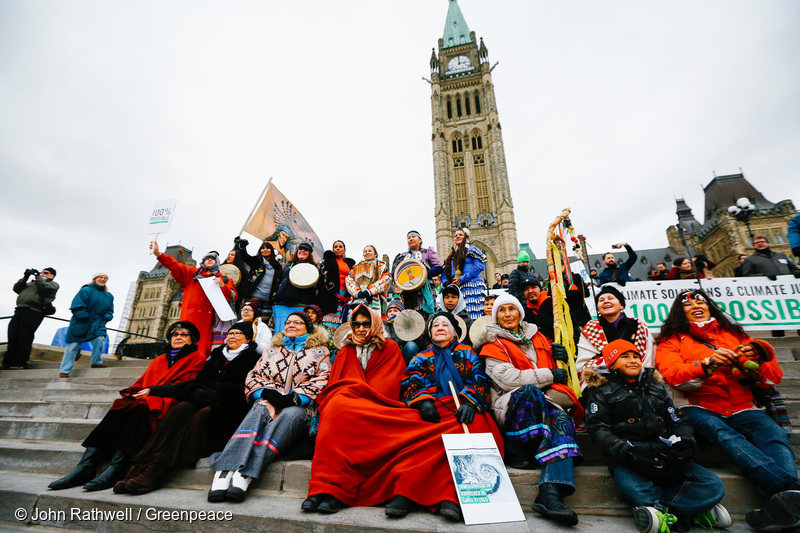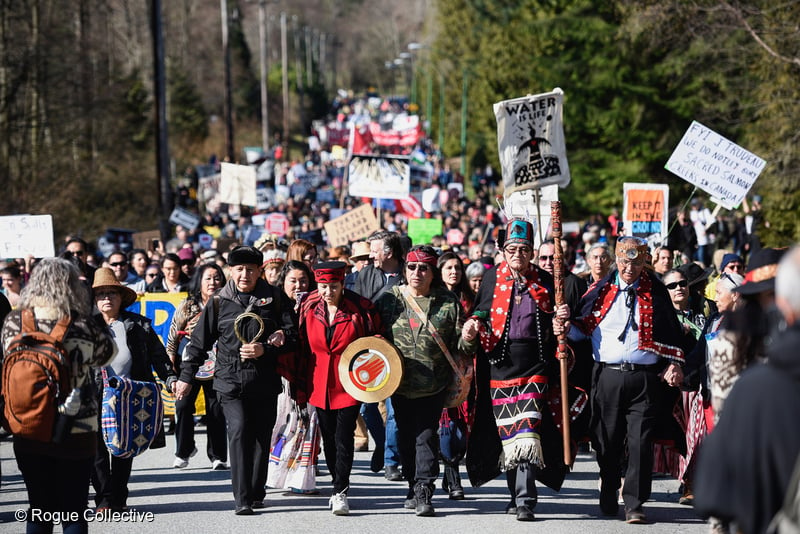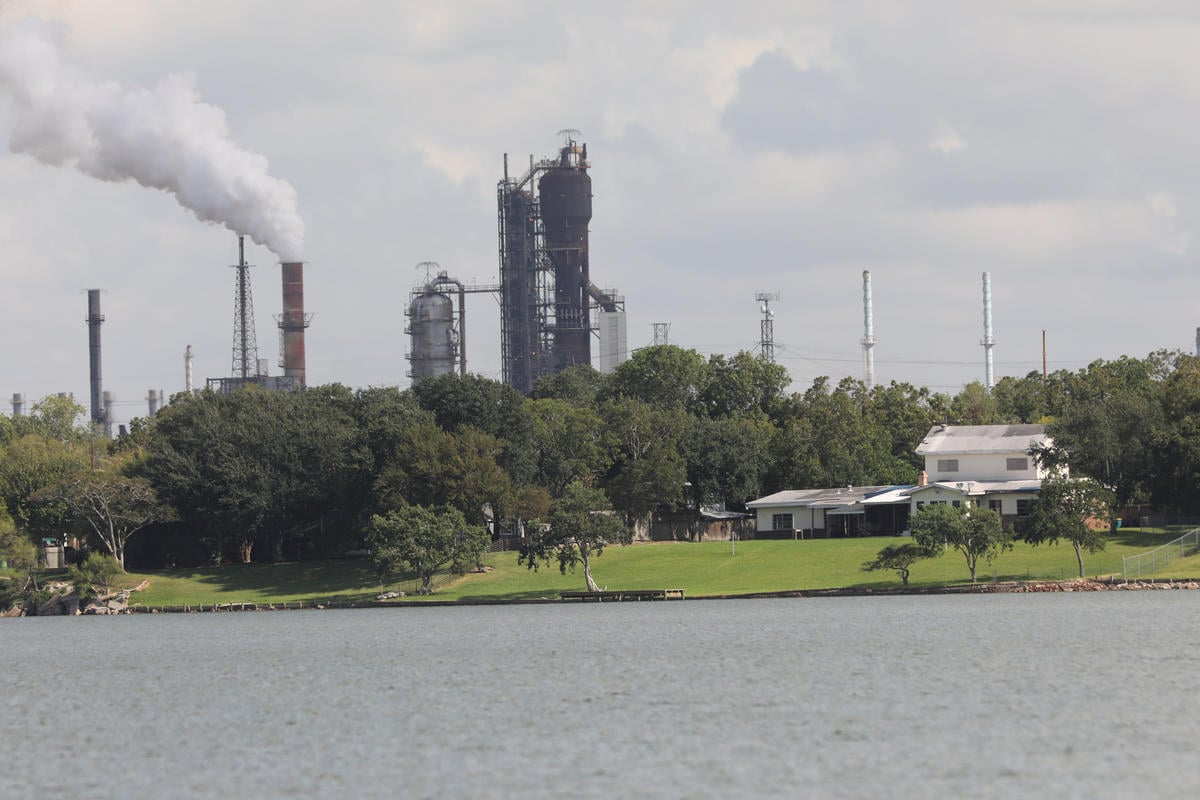We will continue discussing regulatory capture in this Fossil Fuel Burning Questions edition. If you missed the introduction post, you can read about how Indigenous leaders warn of regulatory capture in the tar sands. So, what is regulatory capture? In this edition, we will be focusing more on proffering solutions to the issue of regulatory capture.
Regulatory capture is a form of corruption, and one of the ways we can combat it is through democratic engagement. Regulatory capture is when a government agency that is supposed to protect the public interest (from corporations looking to maximize profits and minimize their costs) instead comes to see its role as protecting the industry. In our previous blog post, we discussed the example of the oil industry capturing the Alberta Energy Regulator (AER).
This can lead to a scenario where the industry essentially gets to set the rules to achieve the outcome that best serves them. An essential way to counteract this is by increasing public awareness and involvement in the regulatory process.
What’s the point of getting involved?
Getting involved with bureaucratic dealings can feel like a daunting task that comes with low rewards. The battles against pipelines that have been won in the last ten years show that public engagement can be successful.
How can people get involved?
Here are some ways you can help break industry influence on regulators:
- Keep the watchdog on its toes: It might seem idealistic, but participating directly in regulatory processes can counter industry influence. Without an active and engaged public that is using all of the tools available to democratically affect the decision-making process and demand that their government protect the public interest, the fossil fuel industry will get its way.
- Engaging directly and consistently with your local politicians. Politely but firmly remind them whose interests they were elected to serve and that they ultimately set the rules by which both regulators and industry must operate. Turning up the political heat is the only way to keep global heating in check.
It is important to note that at Greenpeace, we believe that it is the responsibility of the government to work in the interest of the public and for harmful industries to right their wrongs. But individual action can help make this happen, so if taking action in these ways is of interest to you, here are some talking points that can help you do so.
Let’s discuss some talking and action points!
Here are some things to think about, as well as act on. When evaluating policies and projects, including the potential impact of regulatory capture:
- One can be vigilant against regulatory capture by scrutinizing the composition and independence of regulatory bodies. Look for transparency in the decision-making processes and assess whether adequate checks and balances are in place to prevent undue industry influence.
- “Good for who?’ is a simple yet compelling question that you can use to call out regulators when they propose policies. Is it suitable for the companies? Or is it in the public good? And if it’s good for the environment, how so?
- Bringing attention to the timeline of a project is another way to dive deeper into the project’s impact on people and the planet. Find out if the regulatory body is only considering the effect based on the project’s lifetime, as opposed to the impact that will last beyond the project’s life, including the long-term effects on people’s lives and livelihoods, the climate, and the environment.
- Support initiatives that promote accountability and transparency in regulatory agencies, such as disclosing potential conflicts of interest. By actively monitoring and reacting to signs of regulatory capture, one can help ensure that policies and projects are evaluated with the public’s best interests in mind.
Regulatory bodies are one piece of a giant puzzle but an important one. Democratizing decision-making by countering regulatory capture is part of the more extensive system changes we need to protect people and the planet, and you can be a part of it.
‘Till then,
Keep fighting the power of the fossil fuel industry.



